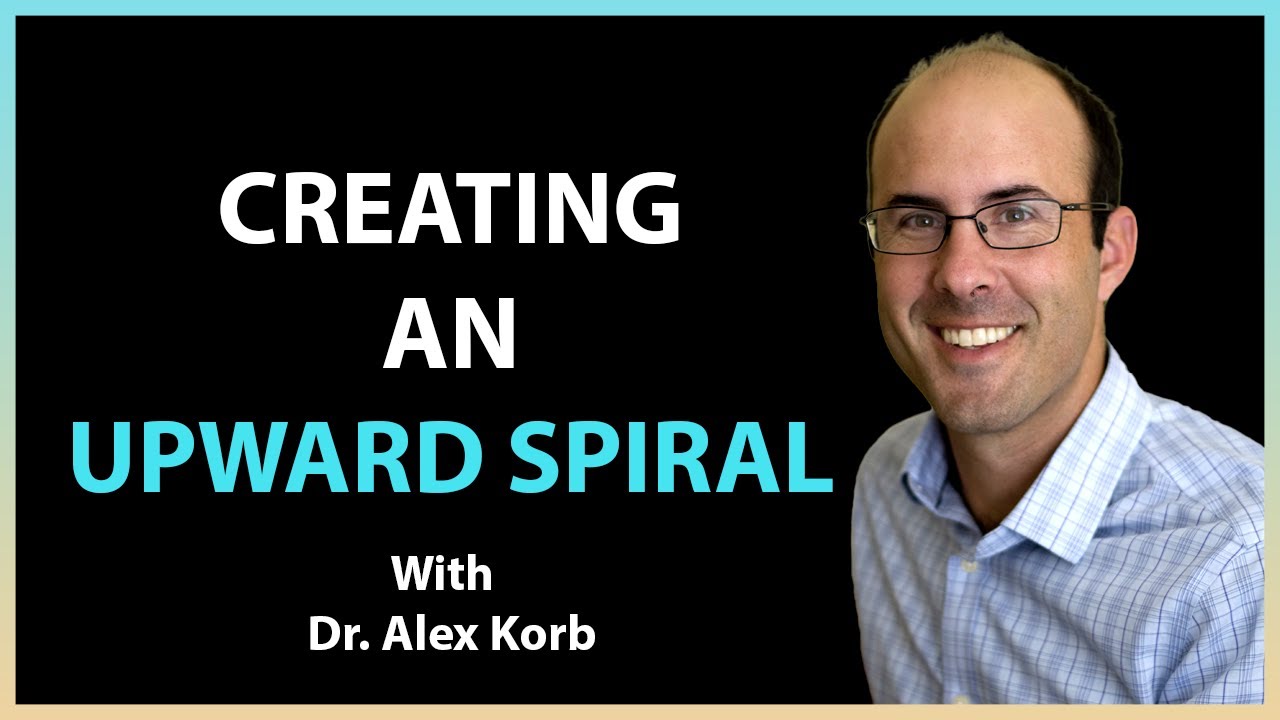Podcast: Play in new window | Download
The following is an edited transcript of the podcast recorded interview with Dr. Alex Korb. This transcript has not been reviewed and is not a word-by-word rendering of the entire interview.
Hi, I’m Dan Lukasik from lawyerswithdepression.com. Today’s guest is Dr. Alex Korb. Dr. Korb is a neuroscientist, writer, and coach. He’s studied the brain for over fifteen years, attending Brown University as an undergraduate and earning his Ph.D. in neuroscience from UCLA. He has over a dozen peer-reviewed journal articles on depression and is also the author of the book, The Upward Spiral: Using Neuroscience to Reverse the Course of Depression One Small Change at a Time. Interesting, he’s also coached the UCLA Women’s Ultimate Freesbie team for twelve seasons and is a three-time winner for Ultimate Coach of the Year. His expertise extends into leadership and motivation, stress and anxiety, mindfulness, physical fitness, and even standup comedy. Welcome to the show.









